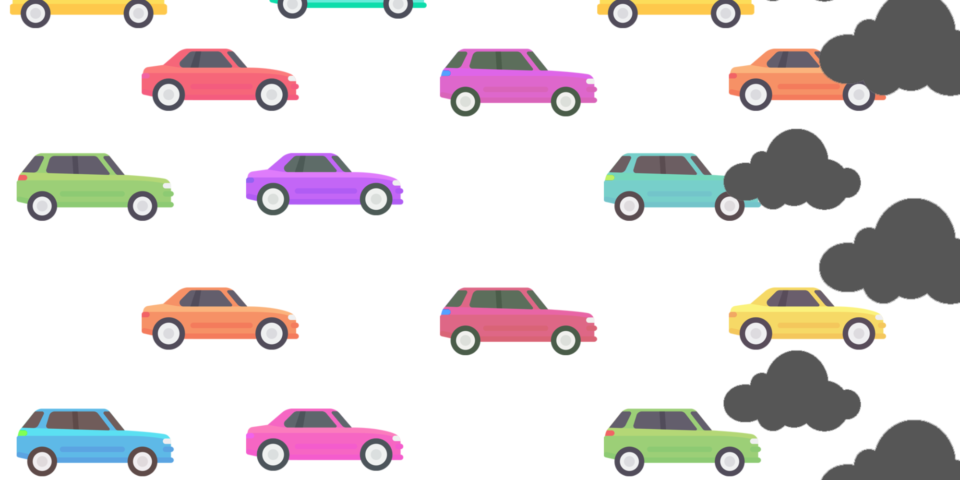Things are not going the way experts and pundits predicted for the sharing economy. While much of the focus has fallen on Uber in recent weeks, the problems facing business model are numerous, inherent and will likely only continue to grow in the public eye.
Whether we’re calling it collaborative consumerism or the gig-economy, it doesn’t matter. All indicators suggest consumer indifference and the core laws of capitalism are smothering the sharing economy, if not in the crib, then before it reaches school age.
Here’s a quick quiz: How many of these once hot and sexy examples of the sharing economy (and its subsidiary, peer-to-peer services), all of which got significant financing and media attention, are still around?
- SnapGoods — Rent/Borrow gear from local network
- HomeJoy — House cleaning on call
- SpoonRocket – Pre-made meal delivery service
- HomeHero — “Uber for caretakers”
- Quirky — Find a cool invention
- Beepi — Car buying/delivery service
- Cherry — On demand car washes
- Washio — On-demand laundry and dry cleaning
- Rewinery — Wine delivery upon demand
It’s a trick question. None of them. All of the above sharing economy and app-enabled services have gone the way of the dodo.
Some of the companies had legislative problems. Some had management hangups. Some were serving a market that didn’t exist. All of them had challenges with the trickiest portion of the sharing economy of all: The human element.
Take Cherry, HomeJoy or HomeHero, for example(s)–all three relied on having someone at your beck and call whose primary job probably was not through that on-demand application, and, even if it was, wasn’t a paid employee with any formal obligation.
That meant the sharing economy didn’t necessarily mean the service somebody uses shares (so to speak) the same sense of urgency as the person needing said service. If I call Uber and the driver can’t make it, it’s probably not life or death and I can call another driver or ride sharing company.
But if I’m a working person who needs a caretaker for my kids or disabled parent, and the on-demand caretaker can’t be found or can’t be bothered, well, I’m in serious trouble. Even for a meal, if I’m hungry and didn’t cook but the delivery app isn’t ready when I am, it’s a grumbling night.
Even the elites of the sharing economy like Uber and AirBnB are seeing stresses upon their business. Uber particularly has been compelled by competitive market forces from Lyft and others to drive down the price of rides at the expense of drivers’ satisfaction.
And when drivers’ or not-exactly-employees’ primary or lone form of income is through the sharing economy, get disgruntled, you start to see the churn.
This is why Wrapify will be the exception that proves the rule. The one key differentiator that sets Wrapify apart from every other sharing economy company listed–yes, even Uber–is that our drivers don’t need to do anything outside their ordinary daily activity to deliver our service.
Wrapify drivers are driving anyway–commuting to work, taking the kids to baseball or soccer practice, running errands. There is literally no extra effort required once the car is wrapped.
Wrapify isn’t paying anybody to do anything extra; our drivers are getting paid extra for what they’d be doing anyway. And that makes all the difference.
It’s worth noting that Wrapify’s not the only company that’s recognized this. The smarter would-be casualties of the floundering gig economy are also pivoting.
Another example is Drizzly, which started as a courier service but is now piggybacking on liquor stores that deliver through employed drivers to do dual duty. I suspect others will follow this model.
We’re not going to deny that there are continuous challenges in the sharing economy, simply because managing freelance talent is more difficult than herding cats.
But there are good reasons Wrapify already has more than 42,000 drivers on our platform at a time when getting people to download a new app is harder than ever, and that we’ve gone from three markets to thirty(ish) in less than two years.
That reason is organic crossover opportunity. Other than a day a driver gets his or her car wrapped, there is nothing extraneous about the responsibilities of a Wrapify driver’s duty. And that’s going to make all the difference when many other wannabes in the sharing economy have all driven into the sunset.
